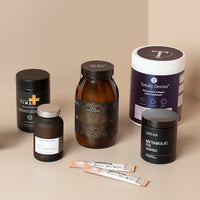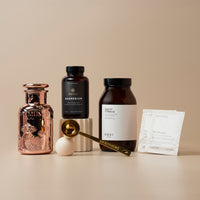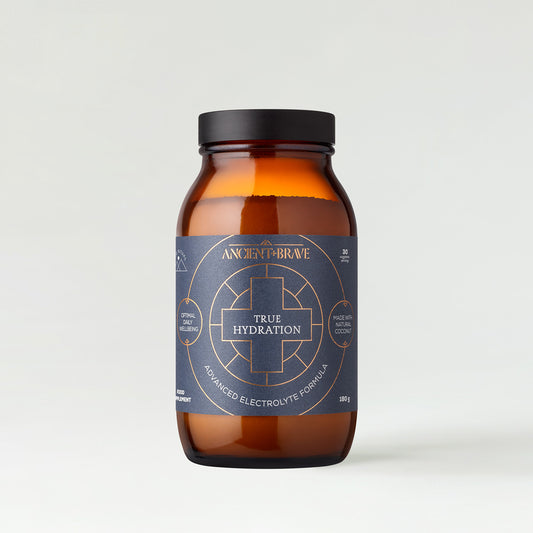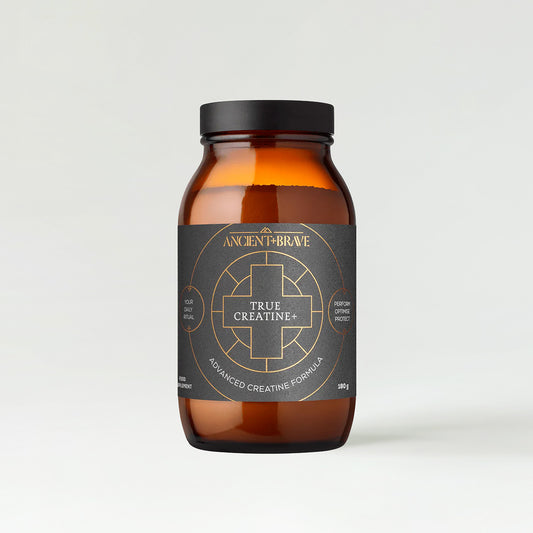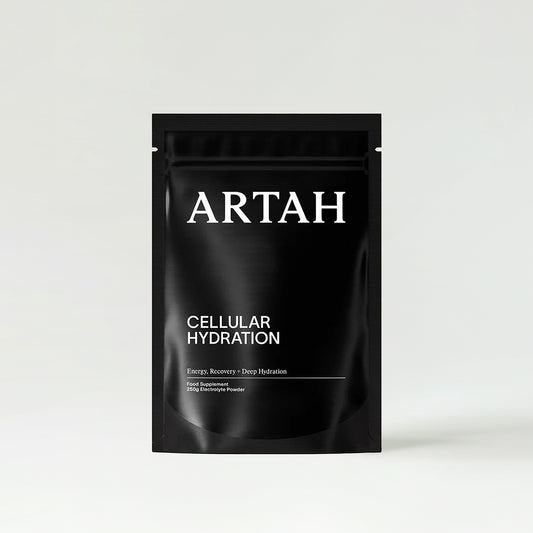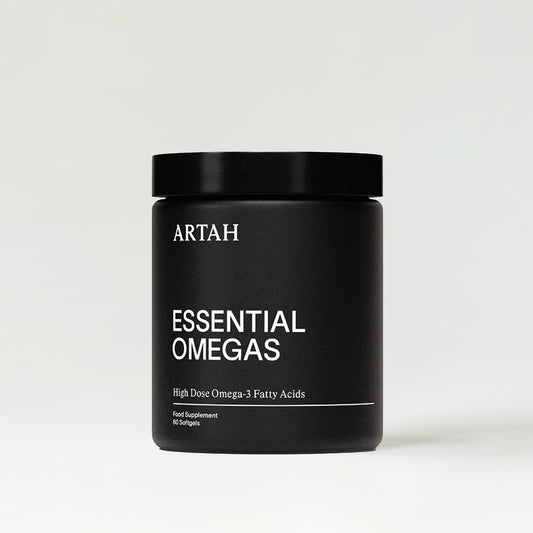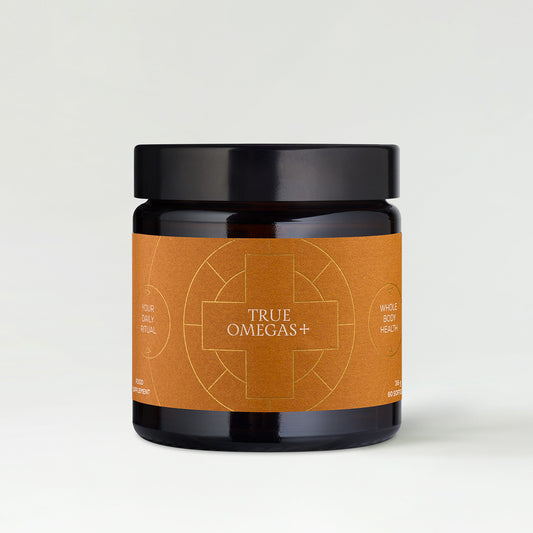Supplements are no longer niche products tucked away in health shops; they’re a part of everyday life for millions across the UK. From topping up essential nutrients to boosting energy and supporting immunity, more and more people are building supplements into their daily routine.
But how exactly are Brits choosing and using them?
We surveyed over 1,000 UK consumers aged 18-65 to uncover not just which supplements people are taking, but also the habits, motivations, and frustrations behind those choices. The findings reveal a nation that sees supplements as central to modern living, but also one that sometimes feels overwhelmed by the sheer volume of information.
Key findings from The Supplement Consumption Report
To give you a snapshot, here are some of the standout statistics from our research:
- Almost two-thirds of Brits (61%) take supplements daily
- Over half (54%) say they take Vitamin D the most frequently, making it the UK’s most popular supplement
- Nearly half (43%) will self-research and not consult a healthcare professional before purchasing supplements or vitamins
- Almost 1 in 4 (23%) admit to trying a supplement ‘once or twice’ because of a trend or an influencer recommendation
- Nearly a quarter (24%) admit to often feeling overwhelmed with the amount of supplement advice available online.
These figures paint a picture of a nation where supplements are widely adopted, but often approached without professional input.
Current consumer habits shaping supplement consumption
Supplements have become part of the daily rhythm of life for many people in the UK. Whether it's a quick dose of Vitamin D before heading out, a scoop of protein after the gym, or a multivitamin with breakfast, supplements are woven into everyday routines.
How often do Brits take supplements?
Our survey found that almost two-thirds of Brits (60.5%) take supplements every single day. This shows that for many, supplements aren’t just an occasional boost but a consistent part of their health and wellness regimen.
On the other end of the spectrum, a small 6% say they never take supplements at all. This group may rely solely on diet or might not feel confident in choosing the right products that could make an impact on their health. Meanwhile, around 1 in 10 (11%) describe themselves as occasional users, taking supplements here and there but not sticking to a consistent routine.
This mix of habits highlights both the growing reliance on supplements and the inconsistencies that still exist. For this dipping in and out, confusion, cost, or lack of perceived results may play a part in their choices.
What are some of the most frequently taken supplements?
When it comes to what’s actually being taken, certain supplements dominate. Our survey showed:
Vitamin D (54.2%) — Vitamin D is considered the nation's number one ‘must-have’ for daily wellness, with 26% of people saying it’s essential. Vitamin D supports immune health and helps keep our muscles and brain cells working, and it’s particularly important during the darker months when our exposure to sunlight is limited. With widespread awareness of the risks of low Vitamin D, it’s often the first supplement people turn to.
- Vitamin C (48.2%) — Long associated with immune support, Vitamin C remains a staple in many homes. Its reputation for helping fend off colds and boosting overall well-being keeps it high on the list.
- Vitamin B12 (26.2%) — Linked to energy and nerve function, B12 is especially popular among those following plant-based diets, where natural intake may be lower.
- Protein (20.5%) — Whether in shakes, powders, or bars, protein supplements have surged in popularity, not just with athletes but also those looking to support everyday strength and recovery.
- Vitamin A (18.8%) — Valued for its role in eye health and immunity, Vitamin A rounds out our top five, showing that awareness of its benefit is strong amongst a significant portion of consumers.
Digging deeper, we found that the most common reason people take supplements is simply to improve their general health. Nearly half of respondents (47%) said this was their primary motivation.
The decisions consumers make before buying supplements
Choosing the right supplements isn’t always straightforward. With endless options online and plenty of advice from social media, many people are navigating this space by themselves. Our research shows that while healthcare professionals remain a trusted source, they’re not always the first port of call, especially among younger age groups.
The preference for self-research
Nearly half of Brits (43%) told us they prefer to research supplements themselves rather than consulting a healthcare professional. For many, the convenience of looking things up online outweighs the effort of booking an appointment or seeking personalised advice.
Google dominates as the go-to research tool, with over a third (32%) relying on it as their main source of information. In contrast, fewer than 20% said they considered healthcare professionals their main source of guidance.
This self-led approach shows how empowered consumers feel in accessing information, but it also suggests that some might not be getting advice tailored to their health needs. Without proper professional input, it can be easy to overlook things like dosage or whether a supplement is even necessary.
The impact of trend and influencer recommendations
Social media has made supplements more visible than ever, with influencers and trends shaping what people want to try. Almost 1 in 4 Brits (23%) admitted they’d tried a supplement ‘once or twice’ purely because it was recommended by an influencer or part of a popular trend.
A further 24% said they were at least curious to try a product after seeing it online, suggesting that social media platforms play a big role in sparking audience interest.
That said, not all consumers are swayed without thought. Nearly 3 in 10 (28%) said they always check ingredients and sourcing before committing to a purchase. This balance between curiosity and caution reflects how modern consumers navigate the mix of inspiration and information available to them.
The hesitations surrounding supplement consumption
While supplements are a key part of modern wellness routines, they aren’t without challenges. From cost barriers to confusion over conflicting advice, many consumers face hesitations that can stop them from building consistent habits.
Our survey highlighted several pain points:
- Information overload - Nearly a quarter (24%) of Brits said they feel overwhelmed by the sheer volume of supplement advice online.
- Low confidence - Only 10% feel genuinely confident in the information they find on their own.
- Cost concerns - 25% of people said they had stopped taking a supplement because they found it too expensive.
- Lack of results - Another 20% had stopped taking supplements altogether because they didn’t see the benefits they’d been expecting.
These findings underline the importance of trusted brands like W-Wellness, where supplements are carefully curated by experts and supported with clear, transparent information. With so much choice on the market, consumers want reassurance that they’re buying products that are safe, effective and suited to their lifestyle.
Guidance for choosing supplements with confidence
With so many options on the market, it’s understandable that people sometimes feel unsure about where to begin. The good news is that choosing supplements doesn’t need to be overwhelming. By focusing on a few simple principles, you can make confident decisions that genuinely support your health and lifestyle. Here’s what Belle Amatt -Registered Nutrition Consultant and BSc Nutritional Medicine recommends:
“Check for quality and sourcing - A good supplement should be transparent about what’s inside. Always look for products that clearly list their ingredients and avoid those with unnecessary fillers, colourings, or artificial ingredients. Reputable brands will also share details about sourcing, so you know exactly where your supplements are coming from.
Think about your lifestyle and diet - No two people have the same needs. If you struggle to eat oily fish, for example, an Omega-3 supplement could provide valuable support for heart and brain health. For those with limited sun exposure, calcium and magnesium may also be worth considering to help maintain strong bones and muscles. A consultation with a healthcare professional can help you identify where your own diet may leave gaps.
Start simple, then personalise - It can be tempting to try several different supplements at once, but the best approach is to start with the basics. Establish a solid foundation with core essentials first, and once you feel comfortable, consider adding more targeted options based on your health goals and professional advice.”
As Belle explains, “It’s about creating a routine that feels realistic and sustainable, rather than chasing every trend. When you take the time to choose thoughtfully, supplements become a supportive part of your everyday wellness, not a source of stress.”
Find the supplements you need with W-Wellness
Our report shows a nation embracing supplements as part of daily life, but also navigating a landscape full of mixed messages and sometimes unrealistic expectations. For many, supplements are about everyday health - feeling energised, support, and balanced - yet confusion, cost, and inconsistent advice can hold people back.
By curating only trusted, high-quality products and offering guidance grounded in expertise, like with our consultation service, we aim to simplify supplement choices for everyone.
Explore our full range of supplements with our quiz or find expert-led wellness insights and tips with our journal.

